Research enterprise surpasses $96M in funds
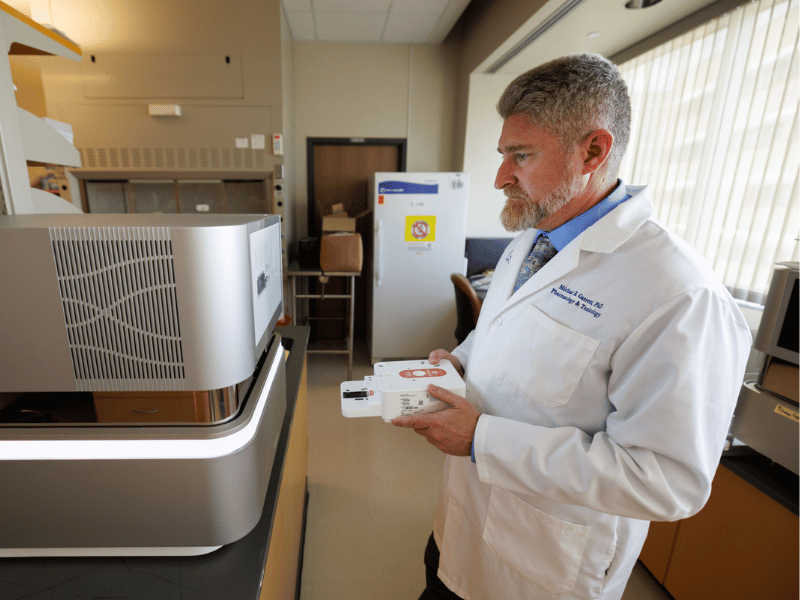
Researchers at the University of Mississippi Medical Center received funding for 311 projects during fiscal year 2023, amassing $96,788,545 in grants, awards and contracts.
The total funding is slightly lower than the previous year. Dr. Lee Bidwell, associate vice chancellor for research, said that is due to changes in how industry-sponsored clinical trials are reported. The total FY funding for 2022 was $107.3 million.
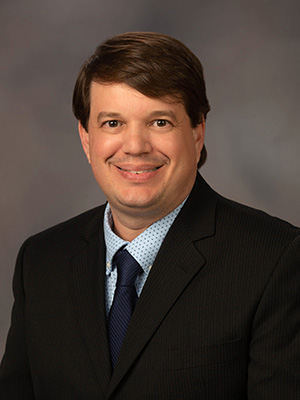
“The value reported for FY 2023 only represents the startup costs which have been received by the institution, which is an under-representation of our overall clinical trial revenue,” Bidwell said.
Bidwell is working with the Office of Sponsored Programs to more accurately track actual account receivables from industry-sponsored trials.
Three of the top-funded grants address mental health, with two specifically targeting students in Mississippi schools.
At $6 million, the CIDA (Center for Innovation and Discovery in Addictions) Mississippi Horizons Project was the largest for the fiscal year, which ran July 1, 2022 through June 30, 2023.
The project, funded by Congress and administered by the Substance Abuse and Mental Health Services Administration, expands drug and alcohol addiction services by providing medications for addiction treatment via telehealth and funding to help non-insured patients buy medications. It also offers residential treatment scholarships.
Soon, the project will share online resources providing real-time information on bed availability at treatment facilities, consultation assistance to community emergency departments and educational offerings for the public.
Co-principal investigators of the grant are Dr. Jefferson Parker, division director of psychology, Dr. James Rowlett, professor of psychiatry, and Dr. Julie Schumacher, professor of psychiatry. Parker and Rowlett are also co-directors of CIDA.
The ESSER Telehealth Services in Schools Grant was the second largest award of the fiscal year at $5.2 million. The total amount of the project is $17.6 million, with funds split over three years.
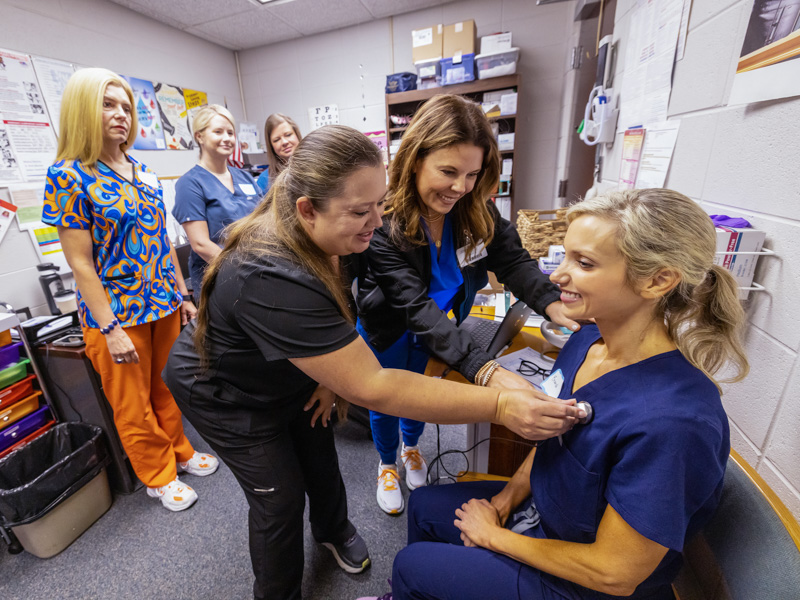
The UMMC Center for Telehealth, in partnership with the Department of Education, is using the funds to create a telehealth delivery system for eligible K-12 public schools in the state.
Services include minor medical care, behavioral health services and promotion of dental health education and lifestyle coaching of students at risk for developing diabetes, for which each school in a participant district was provided a laptop, USB stethoscope and USB otoscope.
Dr. Saurabh Chandra, chief telehealth officer, said that so far, the program serves 70 school districts, 406 schools and 183,456 students. There have been more than 200 visits per month since the beginning of the academic year.
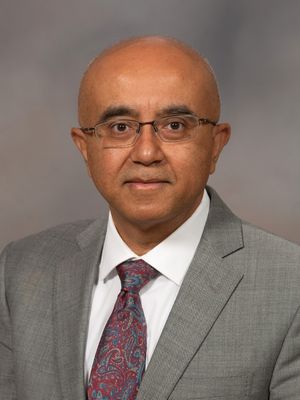
“The program brings access to health care for students in schools so that they don’t have to miss out on attendance,” said Chandra, grant PI. “Students receive care fast, which allows parents to avoid unnecessary trips to seek care for their kids.
“Mississippi School Based Telehealth has been established as one of the largest school-based telehealth programs in the nation and certainly the fastest implementation of any other program.”
Dr. Dustin Sarver, associate professor of psychiatry, also targeted K-12 students with his project: AWARE in Mississippi, or AIM.
The aim of the $3.6M grant, also funded by SAMHSA, is to increase mental health awareness, foster resilience, and strengthen access to trauma-informed, culturally responsive and family-driven mental health services.
AIM is being rolled out in the Mississippi Achievement School District, which currently covers Humphreys County and Yazoo City School districts for grades K-12.
Sarver, the PI, said the system involves executing a multi-tiered system of support and provides workforce training, suicide prevention and response, trauma-informed practices, and direct service provision to schools, students and their communities.
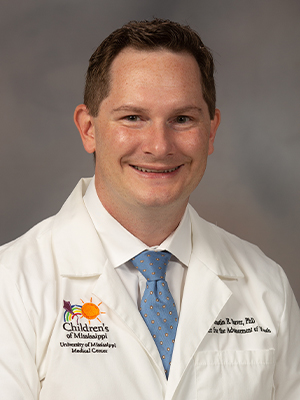
“School-based mental health supports are crucial to providing children and youth opportunities for positive development and outcomes,” said Sarver. “Mississippi has a significant lack of behavioral health specialists, particularly those available in the schools. This is despite the fact that Mississippi is at the top of the nation in terms of both the prevalence of youth with emotional or behavioral disorders and the percent of youth with mental health conditions that do not receive needed services.”
The project’s partners are Mississippi State University, University of Southern Mississippi, MDE, Department of Mental Health, statewide mental health nonprofits and family organizations, and community mental health providers.
“There is a major unmet need. AWARE in Mississippi is meant to partially address this need, starting in the MASD, but with the aim that we develop a model that can be extended to all schools in Mississippi,” said Sarver.
The associate vice chancellor said he is incredibly optimistic about the future of research at UMMC.
“Our faculty are doing an excellent job of pursuing funding for both individual research project grants and larger programmatic grants,” he said. “And our office is launching programs to increase support for the research mission, including increased support for institutional core facilities, increased intramural funding for pilot grants, and expanded support for clinical research operations. We are also actively recruiting faculty in several focus areas.
“I am confident that these efforts will synergize to result in growth in the research mission.”


